When writing about SMEs – so glorious and yet forgotten – one must include two basic concepts and a pretty evident consequence.
The first point, fatally obvious, is that if we cannot see the problems happening under our very noses and in our companies, it will be very difficult to find effective solutions.
The second one, shockingly obvious, refers to the possibility that a well-made product might not sell very well.
The consequence of this story can be summarized in one word: information. It might be absent or present, broad or reduced, useful or not, systematic or improvised. Market information, buying process information, all this produced by that capricious, vague, and errant daughter called communication.
Having mentioned that, I am left to emphasize that companies are the products of human beings. As man, unique among animals, frequently abuses his intellectual resources (brain, mind, intelligence), Mexican companies known as SMEs do not always use their intellectual resources to pay attention to their surroundings.
Such degree of awareness includes searching and finding opportunities, exerting control over our competitor’s daily actions, deeply understanding our personnel’s degree of motivation and, above all, to free ourselves from the mental fixation that academics call love of product, which indicates that consumer preferences are exclusively determined by the physical product and its appearance, ignoring all other factors.
SMEs which think that the product in itself is the cornerstone of the buying process is being enchanted by the melody of a mermaid singing “a good quality product is always bought and bought by itself.” The first of the four P’s is therefore flawed by this first injury to those clear and efficient marketing concepts that SMEs sometimes despise.
This enchantment is so dangerous that in the 1960s my old Marketing professor at Harvard School of Business, Theodore Levitt, warned us of this fact regarding large, medium, and small companies, as well as new ones by writing an article which is iconic today, entitled “Marketing Myopia.” To be myopic means that you can only see what is close to you (the product) and that means that you lack a broad field of vision. It is state of deafness where sometimes you can only hear what the Market sometimes whispers, occasionally murmurs and even sometimes screams at you. SMEs that are overly focused on their supply tend to overestimate some of their product’s features, characteristics that are not even perceived by the market, because it is busy sending clear messages about other characteristics of interest and satisfaction.
Let us assume that in a certain market there are 94.6 men for every 100 women.
S If we analyze this data correctly, it means that there is a 5.4% probability that women will have to share a man with another woman or, alternatively, be alone. Without it, we only know that, in this market, there are more women than men.
On a related sociological topic, many males complain that women are invading areas that were typically theirs. In fact, by analyzing the information INEGI (National Institute of Statistics and Geography) gives us, we can confirm that women have shown greater adaptability to the Mexican socio-economic environment, thus infiltrating the labor sphere and will continue to do so in other areas bringing down other ancient atavisms, almost all of them shaped by men.
On the other hand, there has never been a better time in history to be men.
Once liberated from their role as the exclusive protector and guardian of family life, implying a form of respect (control, command, demand, urgency) modern man can interpret the information he receives to develop a new role, less burdensome, more flexible and with greater freedom to choose his own path. It includes from monogamy to a nuclear family, a diminishing birthrate, and actively participating in markets classically associated with women, such as caring for people, exotic vacations, weekly regular purchases, and teaching.
The following proposition can be considered a derivation of the ones made so far: in order to understand the market in which SME operates (plans to enter) as well as the speed and the nature of its changes, the firm does not require complex instruments. Such sophistication is only necessary when business or corporate complexity demand other solutions and different resources.
What SMEs’ need to develop is a heightened sensitivity to those weak signals originated by market opportunities and to those current trends of interest and that facilitates growth. Without this reading or auscultation ability, the SME will remain in its golden mediocrity.
The competitive advantage always stems from possessing that small piece of information that the competitor lacks. In a broad sense, there isn’t any useless information. The fact that Malaysia has practically become a first world nation gives us a clue to how certain concrete and well-directed decisions could produce such a transformation. The fact that violence in Italy could end the extravagant world of “soccer” as drug addiction threatens the cyclist’s world, is information that can be translated into corporate decisions and market behavior. Saying “that it is not going to happen here” means we haven’t learned anything in life.
A computerized information and Market intelligence system is a SME’s best friend, only when it is a product of proper market segmentation and a profound understanding of the buying process. This implies the filtration and classification of useful information according to each firm’s specific need information.
Information should not be mishandled. It is extremely risky because it can not only affect the product, this article’s initial topic, but also the SMEs’ growth potential. A healthy memory stores and allows us to refer back to it as a dictionary does with words. . A healthy memory is a healthy business. It is important to remember. This is what the Navajo Indian Tribes thought when they looked up to the sky and sang these wise verses: “Remember everything that you have seen. Because everything that you forget is lost to the wind.”
As I mentioned previously, communication is the daughter of information. This is an extremely important topic for SMEs, because if information is considered food, communication is as important as water for survival and growth.
While it may be unpleasant to control the results of one’s communication, it is essential. In many cases, there are persons who prefer the illusion of informing well than the certainty of making a mistake. As we mentioned at the beginning of this article, some prefer to admire their product than pay attention to what the market is saying.
While they may seem to be slight errors, in fact, they are major mistakes made by SMEs who focus too much on product life.


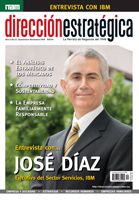
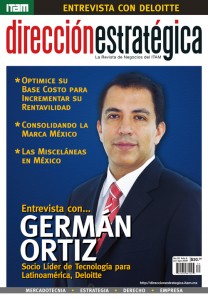
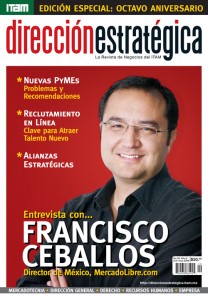
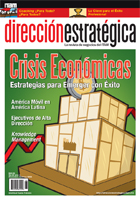
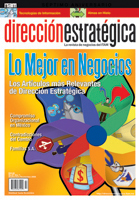
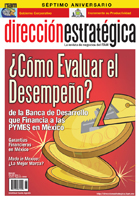
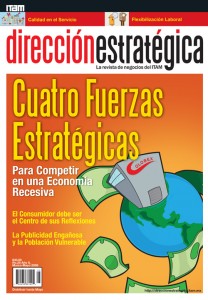
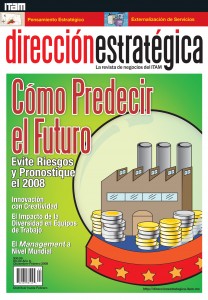
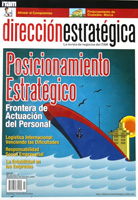


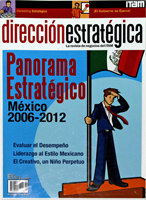
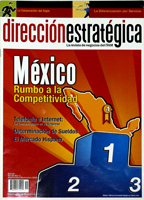
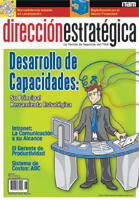
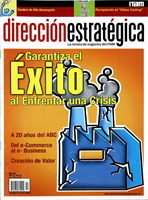
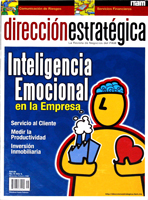
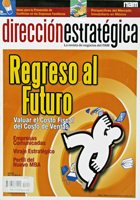
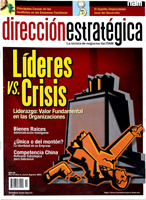
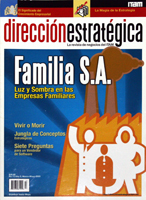





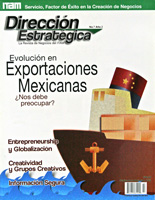

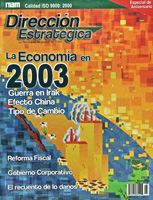


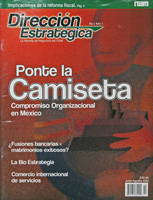

One Comment
Las personas que estan al frente de una empresa, deben mirar su entorno, las oportunidades y el comportamiento del mercado y no pensar que un producto se vende por si solo sino que necesita saber como se cmporta su rival dia con dia.